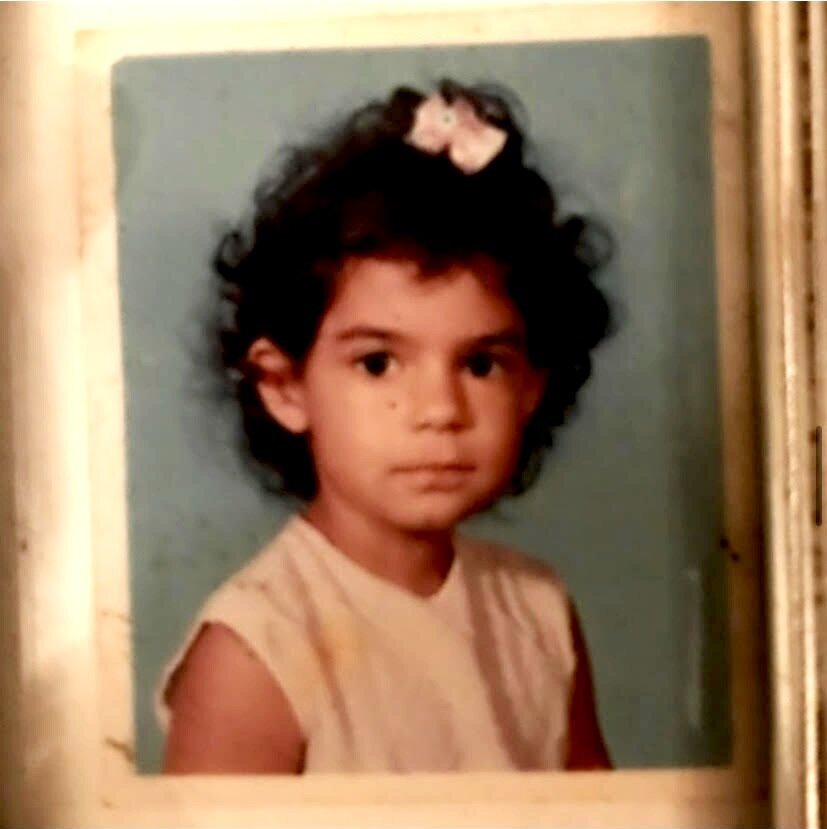Why Beloved Community: Patrizia Santos
In 10th grade, during Premilitary Instruction (a mandatory class in Venezuela), we had to memorize our constitution, focusing on our rights and duties as people living in the Bolivarian Republic of Venezuela. It read like a fairytale. “Article 82. All people have a right to adequate housing, that is secure, comfortable, hygienic, with basic services and that includes a habitat that humanizes family, neighborly and communal relationships. […]”. “Article 83. Health is a fundamental social right, responsibility of the State, who will guarantee as part of the right to life. […]”. “Article 102. Education is a human right and fundamental social duty, it is democratic, free, and compulsory. […]”.1 And so on. I fell in love with it. It was the first time I encountered truly inclusive language (on a government document?! I know, mind blowing). Our rights and duties were not limited to citizenship, race, nationality, or gender. My constitution says all people have the same rights, unconditionally. I yearned for this fairytale to come true, because in real life, society had seemed to misread “all people” and interpreted as all white, rich, cis-gender men.
At that time, I wanted to be a medical doctor and believed I was going to make my country a more equitable place just by being a good, accessible doctor that trusted and believed in their patients. A noble belief, yet very limited. As individuals we have the power to strive for equity, but only through structural changes. As a young woman without much perceived power (immigrant, middle class and with no political ties), I felt helpless to enact those structural changes. And, while during my college years, student organizing did lead to structural or policy changes within my university, I could not help to think “yeah, well we are spending lifelong debt amounts of money in this institution… and that is why they are listening to us”. In other words, I doubted myself in having the power to help enact structural and sustainable change. Thankfully, I found Beloved Community’s theory of change: People. Change. Systems.
I joined Beloved Community because our theory of change spoke directly to what I had been yearning for since I was 15 years old in pre-military class. Our theory of change begins and ends with people realizing their power. Realizing you do not have to just sit, wish and pray for change to happen but you can (and have) to put in the work and change will come. As family is the cell of society, organizations are the cells of economic systems. That is why we guide organizations in operationalizing diversity, equity and inclusion in their practices and policies to build economic equity regionally.
I stay at Beloved Community because all of our work centers on authenticity. We are authentic in challenging our own biases (yes, we have them and you do, too). We are authentic in cultivating a supportive work community where we do not have to act OK when we are not. And we are authentic in being all those parts of ourselves that white supremacy has tried to erase from us.
References
Base de Datos Políticos de las Américas: Georgetown University. (2005, September 13). Constitución de Venezuela, 1999. Available at: https://pdba.georgetown.edu/Constitutions/Venezuela/ven1999.html.

